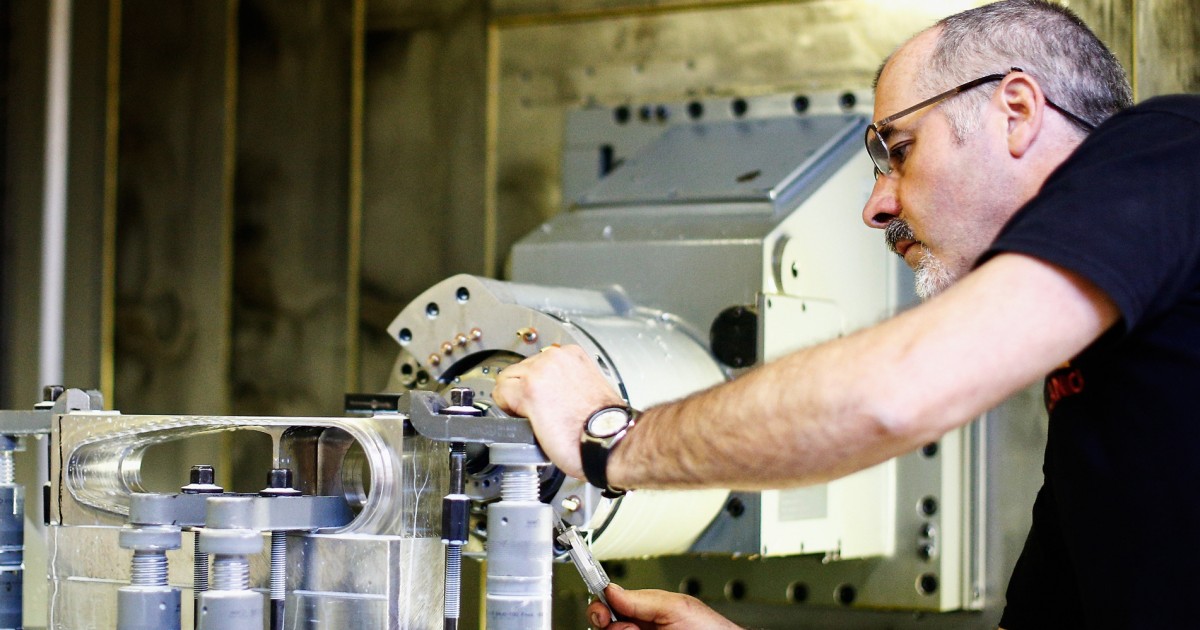
LED
LED stands for Light Emitting Diode. It is a semiconductor device that emits light when an electric current is passed through it. LEDs are commonly used in spacecrafts and satellites as they are highly efficient and reliable. They are also used in space exploration vehicles and equipment due to their low power consumption and durability. LEDs are used in various applications such as lighting, communication, and sensing in space. They are also used in optical communication systems for transmitting data between spacecrafts and ground stations. LEDs have revolutionized the space industry by providing a cost-effective and reliable solution for various applications.
Your Previous Searches
Random Picks
- Wind Power: Wind power is the conversion of wind energy into a useful form of energy, such as electricity, using wind turbines. Wind turbines are designed to capture the kinetic energy of the wind and convert it into mechanical energy, which is then us ... Read More >>
- Radio Frequency: Radio frequency (RF) refers to the range of electromagnetic frequencies above the audio range and below infrared light. In space and astronautical engineering, RF is used for communication, navigation, and remote sensing. RF communication i ... Read More >>
- In-space Propulsion: In-space propulsion refers to the set of techniques and technologies used for changing the velocity of spacecrafts and satellites once they are in space. This is a critical aspect of aerospace engineering as it enables spacecraft to maneuve ... Read More >>
Top News

A day at Uranus just got 28 seconds longer...
A day at Uranus just got a little longer...
News Source: ABC News on 2025-04-07

SpaceX's Fram2 returns from first-of-its-kind mission around Earth's poles...
The Fram2 mission, paid for and led by a cryptocurrency billionaire who is flying with three guests, has returned after a journey on a unprecedented polar orbit....
News Source: CNN on 2025-04-04

Scientists release plans for an even bigger atom smasher to address the mysterie...
GENEVA — Top minds at the world’s largest atom smasher have released a blueprint for a much bigger successor that could vastly improve research into the remaining enigmas of physics....
News Source: NBC News on 2025-04-01

Scientists release plans for even bigger atom smasher along the French-Swiss bor...
Scientists at the world’s largest atom smasher have released a blueprint for a much bigger successor that could help solve enigmas of physics, starting in the mid-2040s at a cost of about $16 billio...
News Source: ABC News on 2025-04-01

The 'Blaze Star' hasn't exploded yet, but it could soon...
T Coronae Borealis has an outburst every 79 to 80 years, according to NASA....
News Source: ABC News on 2025-03-28